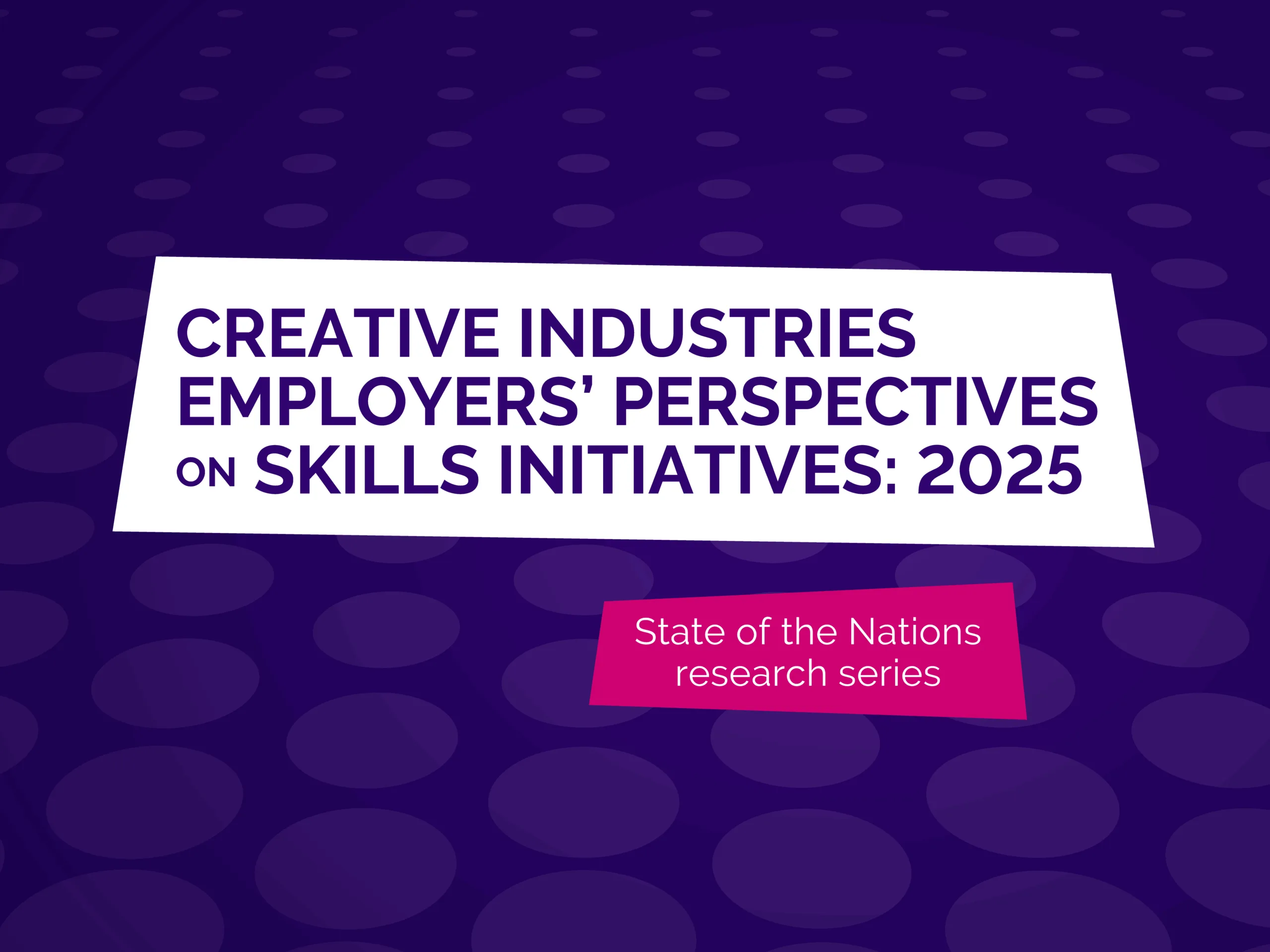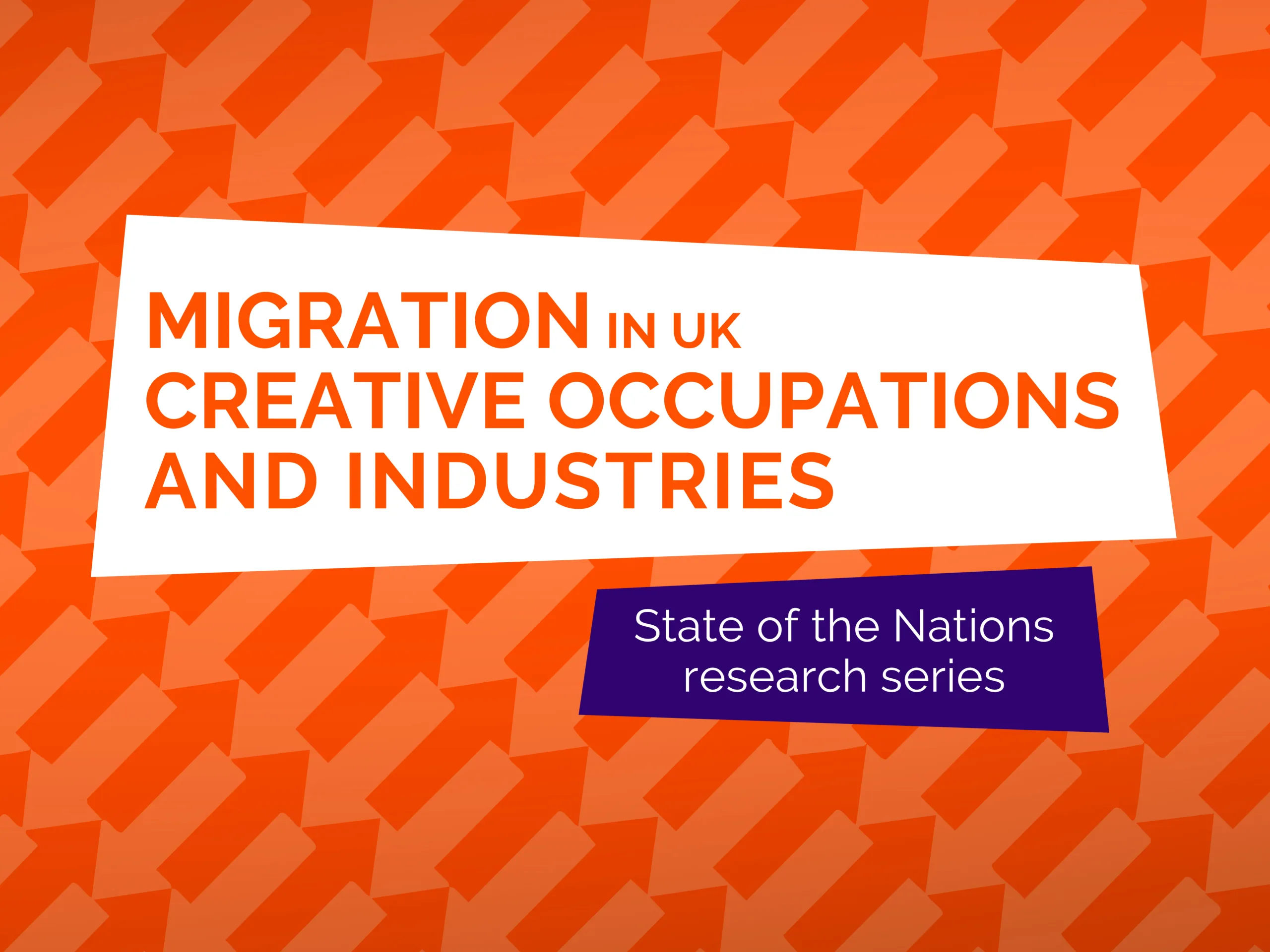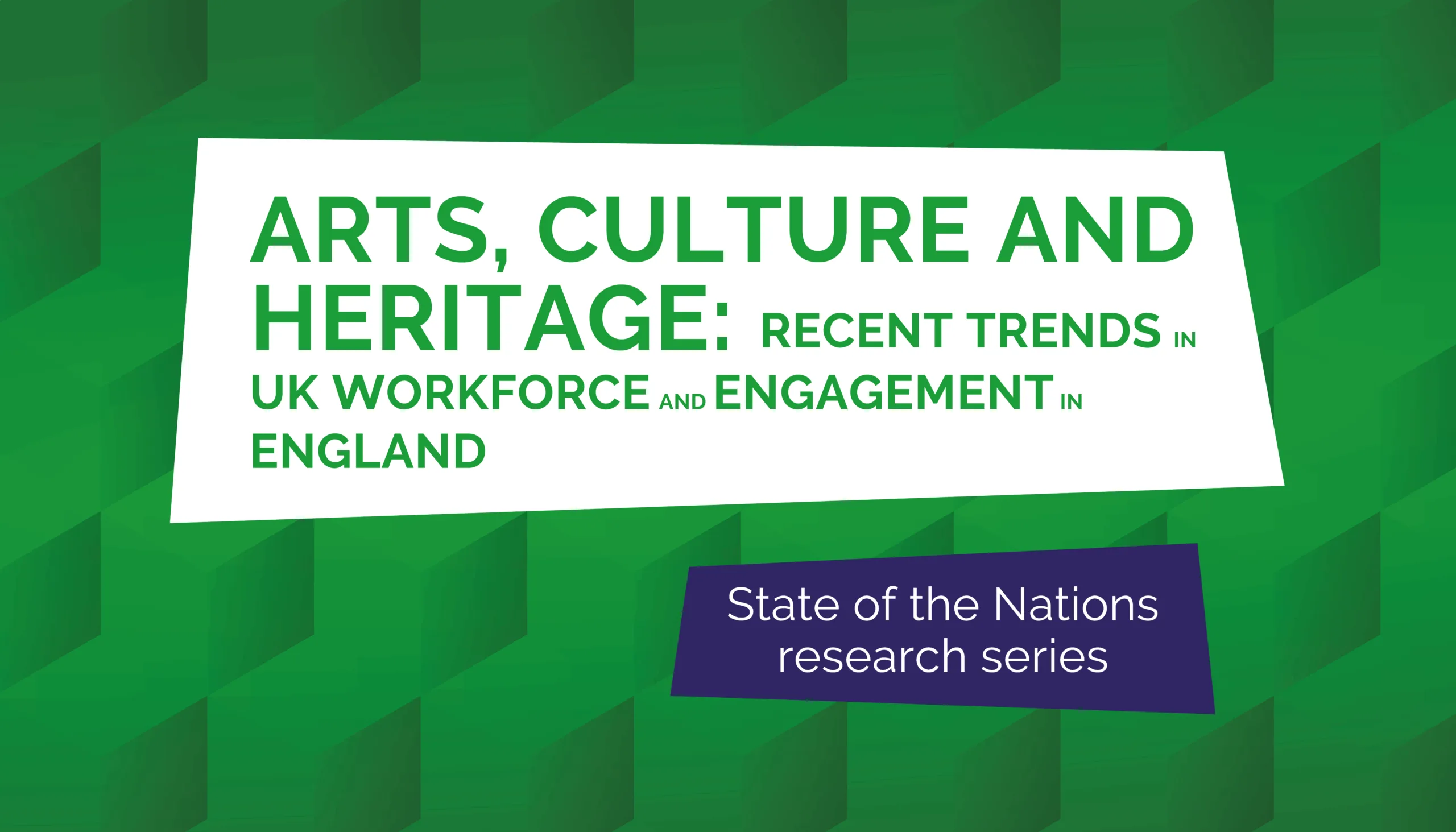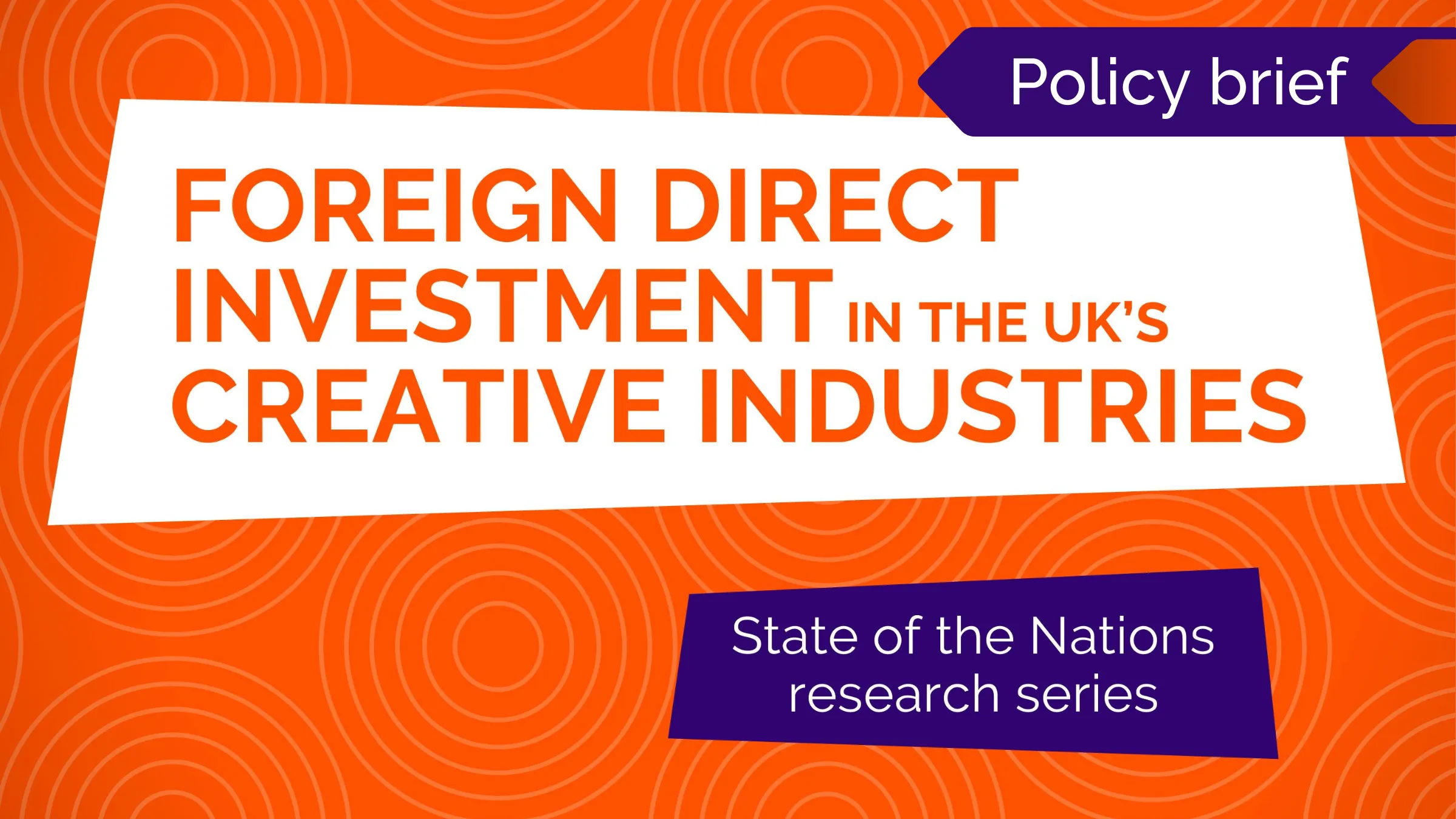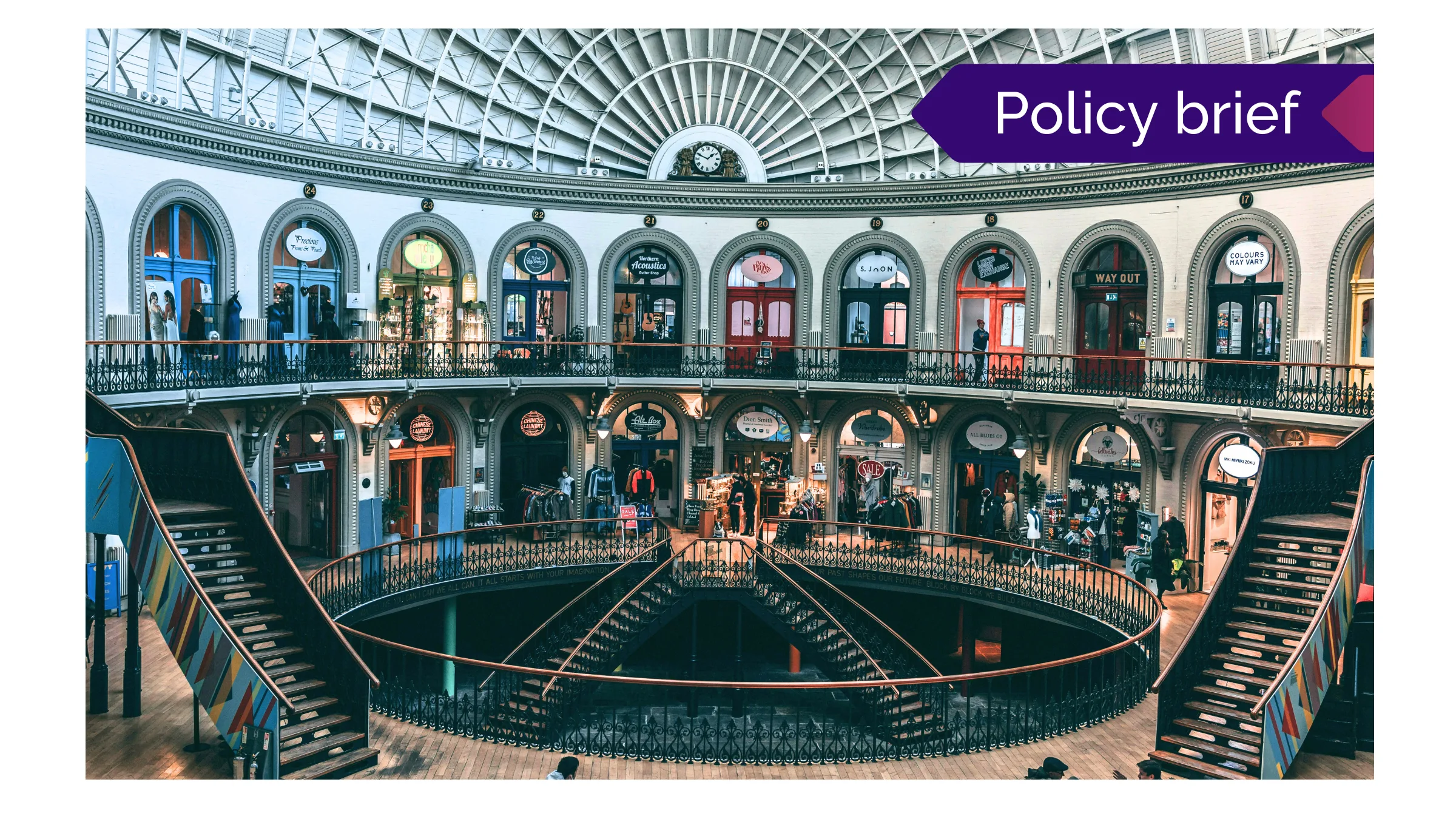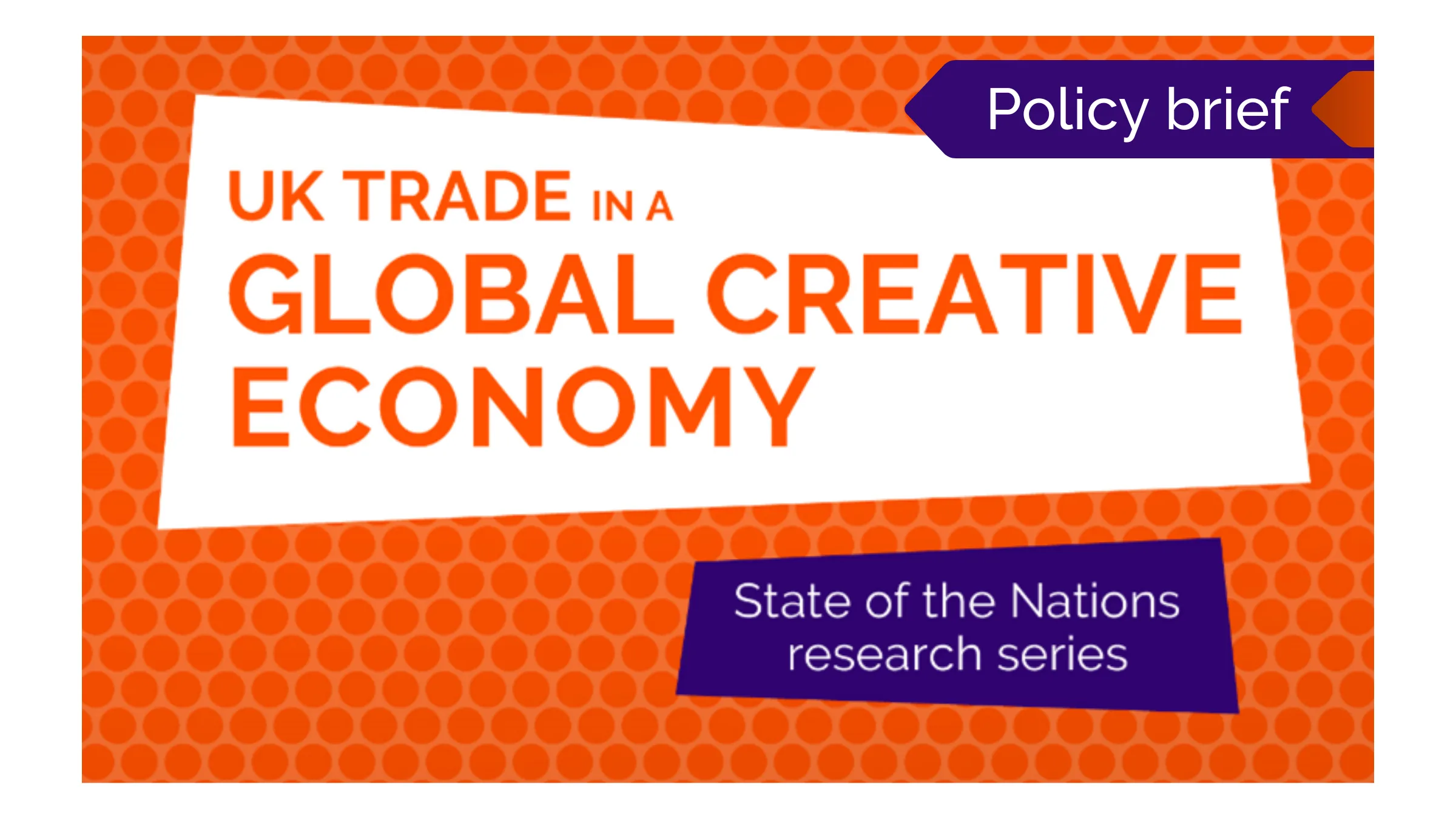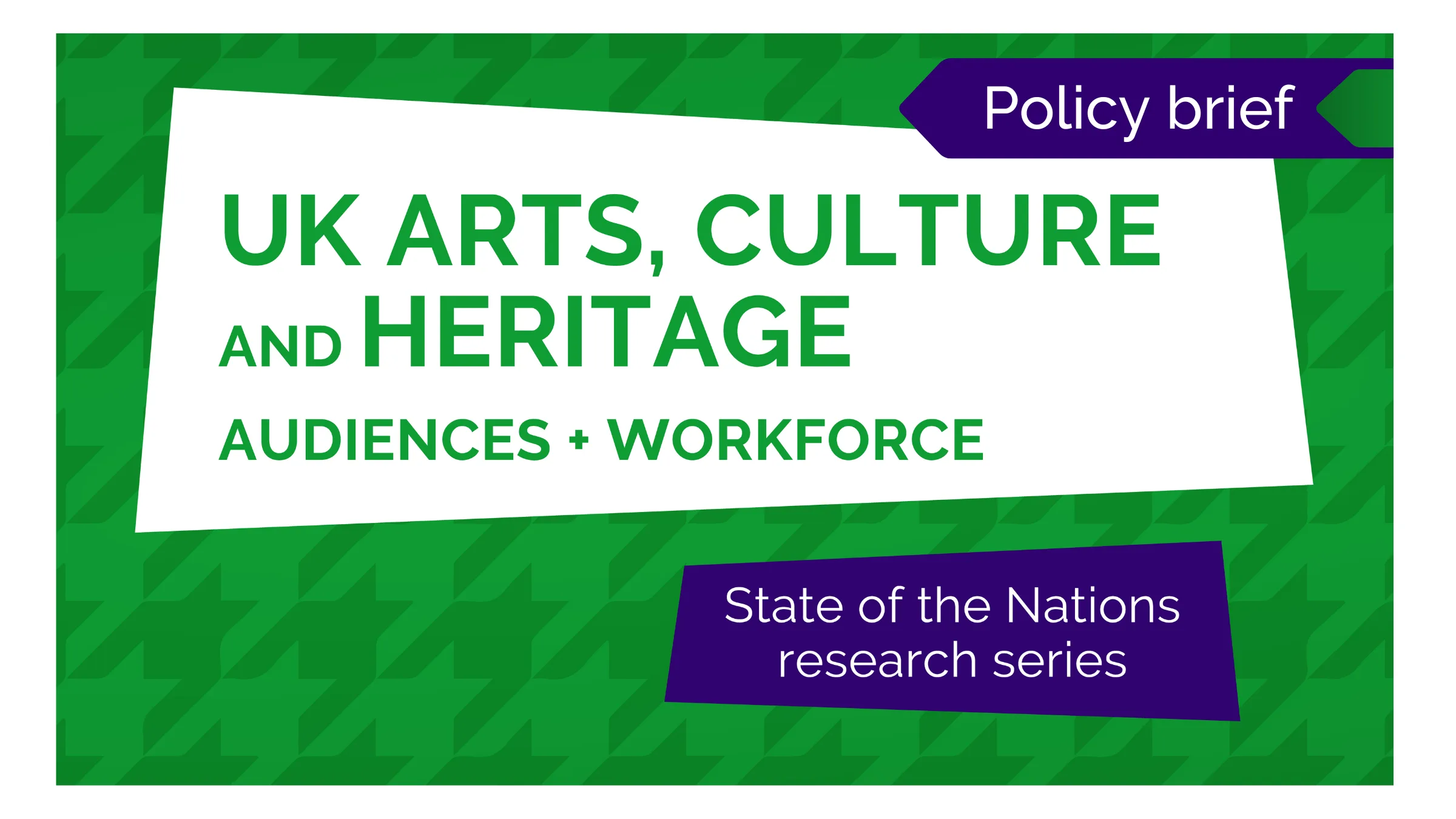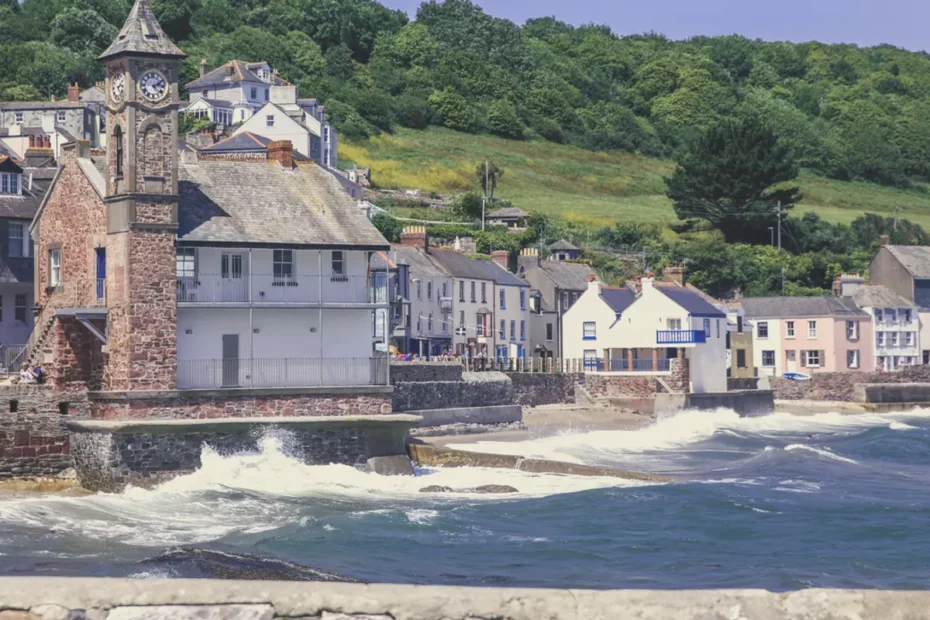This policy briefing sets out areas for possible policy action, proposed by the researchers at CREATe who conducted a survey of UK writers for the Authors’ Licensing and Collecting Society (ALCS). The survey was conducted between February and April 2022.
It follows on from a longer report published in 2022 that presented the full findings from a survey of over 2,700 writers. The survey uncovered concerning trends in authors’ incomes. There has been a marked decline in median earnings for full-time writers, dropping 11% in real terms between 2019 and 2021. Fewer authors now earn their entire income from writing alone, suggesting this is becoming an unsustainable career path. Writing is also an increasingly unequal profession, with the top 10% of earners taking home almost half of all income.
The researchers’ work highlights how broader trends in publishing contracts are contributing to authors’ financial precarity. Advances are becoming rarer, while ‘buy-out’ deals that provide a one-off payment are more common. Most authors feel unable to negotiate better terms. There is also evidence that writers under-utilise key rights, like moral rights and reversion clauses, which could give them greater control over their work.
In light of these findings, the researchers propose policy interventions to sustain and diversify the writing profession in the UK. Their recommendations include:
- establishing codes of conduct for publishers,
- strengthening copyright law to benefit creators,
- building authors’ legal knowledge through training,
- and targeted changes to tax and social security provisions.
The UK could become a more attractive haven for writers if policymakers adopt measures to improve incomes and working conditions. By implementing some of the proposed reforms, we could level the playing field between authors and publishers, empowering more people to sustain writing careers. This research provides an evidence base to inform policy decisions that would strengthen the health of the UK’s writing ecosystem.
______________________________________
Photo by Alexandra Kirr on Unsplash
Related Policy Briefings
Policy Brief: Creative Industries Employers’ Perspectives on Skills Initiatives: 2025
Overview The Government’s new Industrial Strategy sets a long-term, sector-focused approach to skill…
Policy Brief: Migration in UK Creative Occupations and Industries
Overview The UK’s creative industries are internationally oriented, a fact that’s reflected in its e…
Policy Brief: Arts, Culture and Heritage: Recent Trends in UK Workforce and Engagement in England
Overview Five years after the Covid-19 pandemic, engagement and employment in the arts, culture and …
Policy Brief: Foreign Direct Investment in the UK’s Creative Industries
Read the Policy Brief based on the most recent State of the Nations Report on FDI.
Policy Brief: Insights from the Northern Creative Corridor Workshops Sprint
The Northern Creative Corridor is an initiative aimed at connecting creative clusters across Norther…
Policy Brief: International Trade and the UK Creative Industries
This policy brief examines international trade in the UK creative industries. Drawing on our UK Trad…
Policy brief: Audiences and Workforce in Arts Culture and Heritage
This policy brief uses census data to provide, for the first time, a comprehensive analysis of audie…
Policy Brief: Transitioning to Sustainable Production across the UK Theatre Sector
This policy brief outlines recommendations for transitioning to more sustainable theatre production …
Authors’ Earnings in the UK
This policy briefing sets out areas for possible policy action, proposed by the researchers at CREAT…
Television production, international trade and pressures to consolidate
The UK television production sector is one of Britain’s leading creative export sectors. This briefi…
Three ways to support growth in the creative industries
Three ways to support growth in the creative industries The Creative Industries are an economic powe…
Policy briefing: Creative industries innovation in seaside resorts and country towns
This policy brief is based on a PEC Discussion Paper: Creative Industries Innovation in Seaside Reso…

